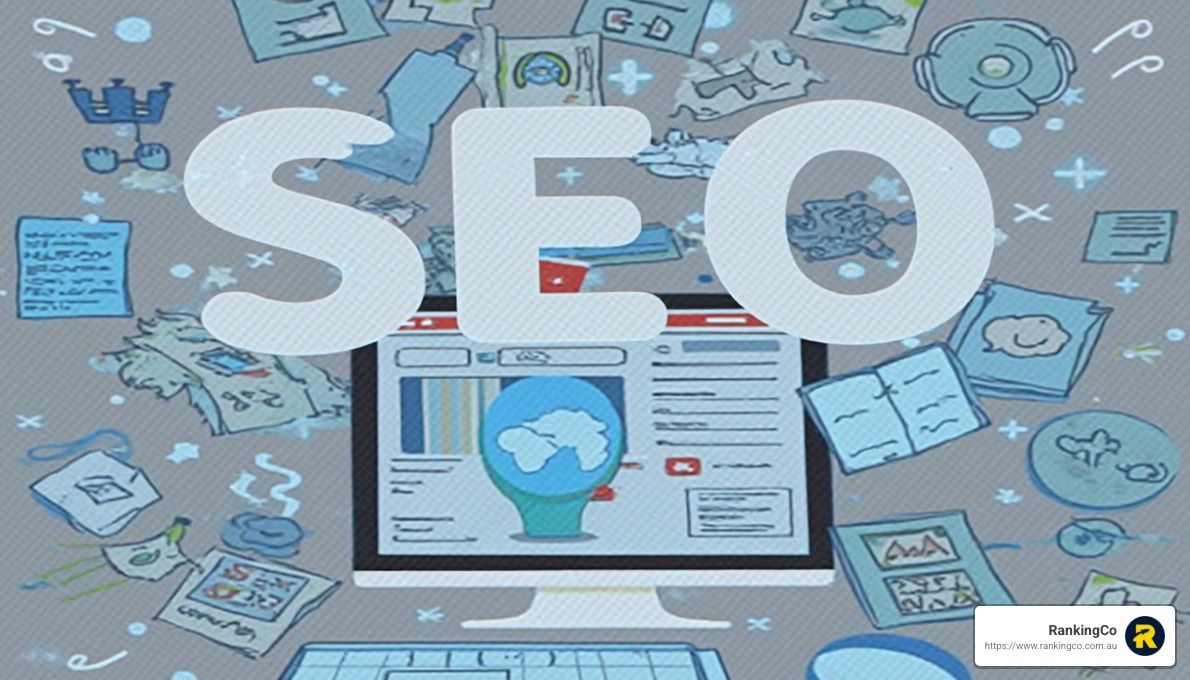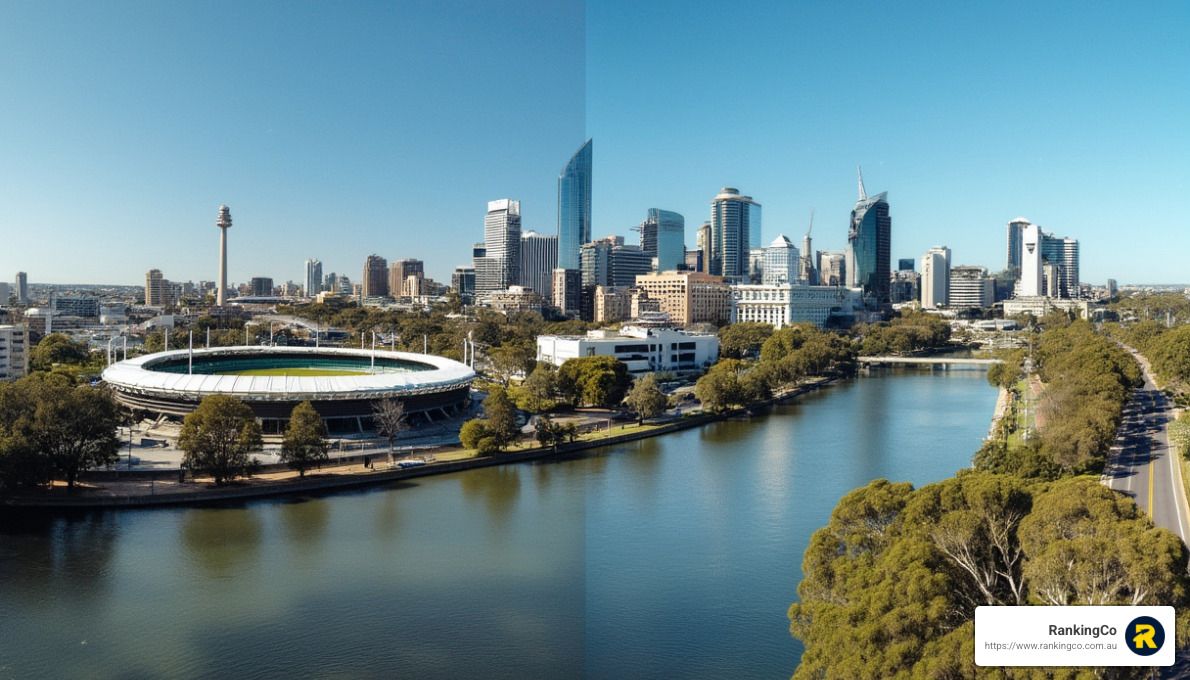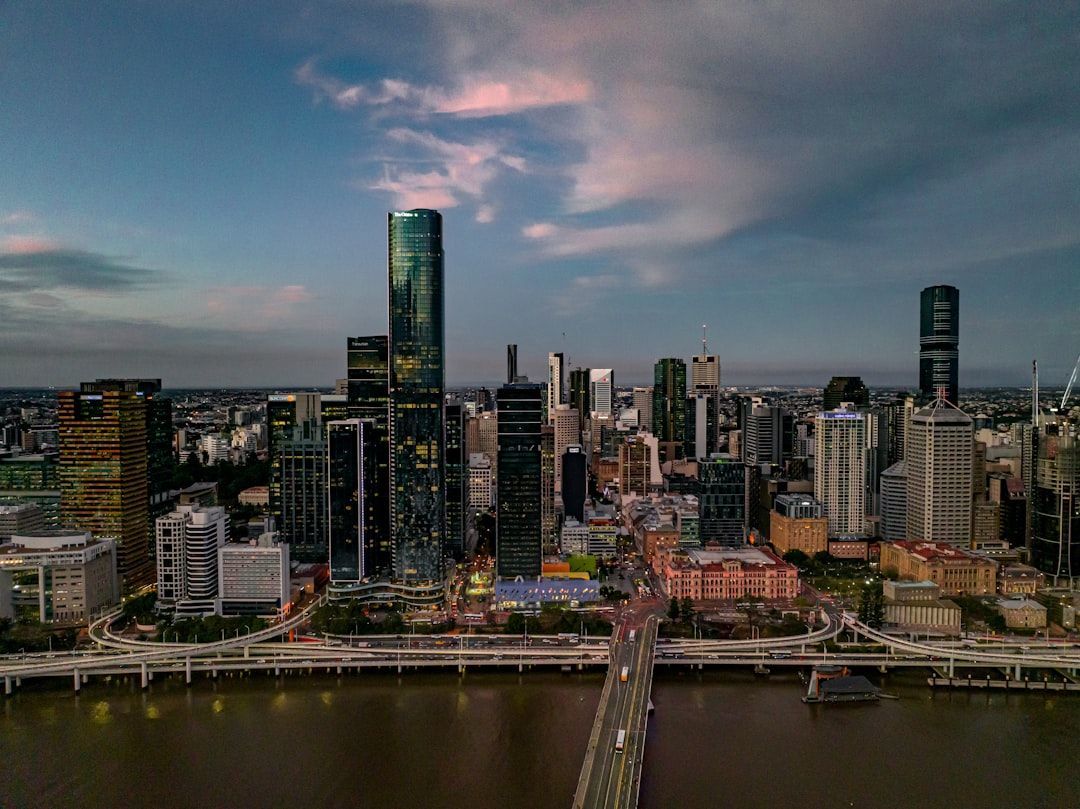The 7 Deadly Google Ads Sins That Are Making You Broke
7 Google Ads Fails Wasting Your Money And How To Fix Them
It’s no secret, we’re all looking for ways to get the most out of our marketing efforts. If you haven’t been using Google Ads pay per click (PPC) ads to drive targeted traffic to your landing page, you may be doing yourself an injustice.
More clicks ultimately mean more visitors, leads and customers for your business.
It can all happen very quickly if you’re avoiding the mistakes that leave advertisers broke and learn how to set up high-converting Google Ads.
If you’re just starting out in content marketing, having free content alone may not give you the best results.
When we conduct free Google Ads checkups for our clients, we often see our clients making fatal mistakes with their PPC campaigns. Whether it’s their ad copy, landing page, or their quality score is often below its potential.
An example of this is a lot of Google Ads advertisers still tend to send traffic to their homepage without the intention of catching email addresses and nurturing the leads that result.
Another mistake is advertisers not measuring their ROI. Imagine this, you’re running an ad for 7 days with no way of checking the profitability of your campaigns. Would you invest more money? Measuring your conversions tracking is a MUST.
We’re here to help teach you the deadly Google Ads mistakes that will frustrate your efforts with Google Ads PPC and how to fix every single one of your mistakes.
1. Not using the right keyword matches
There are three different keyword categories you should be familiar with:
Broad match
- When using broad match keywords, Google will show your ads to people who search for anything that it determines as related to your keyword and relevant to the customer. For example, a broad match keyword of roses might trigger ads to show when a person searches for sunflowers on Google as determined they are closely related.
This is the loosest form of matching. Broad match keywords are great to increase your reach but need to be closely monitored as they do allow for wasted spend if not monitored.
Phrase match -
How Phrase match keywords work has very recently changed. Phrase match now allows ads to show on searches that include the meaning of your keyword. It is classified as moderate matching and while it is more flexible than exact match, it is far more targeted than the broad match option.
This match type does not require the exact phrase you entered to be part of a customers search but it does take the meaning into account and therefore shows your ads to those who are most likely searching for your product or service.
Exact match -
Exact match keywords are the tightest matching posible. It shows on keywords that have the exact meaning as your keyword. This option gives you the most control over who sees your ad but does come at the risk of losing potential reach.
We often see accounts not using the right combination of keyword match types. Google lets you run your ads in any of the keyword matches mentioned above. However, it’s your responsibility to decide which ones to use.
So you have to be strategic with the type of keywords selection and the match type. Keep in mind, the type of match type you use will have a massive impact on your ads.
2. Lack of Ad extensions + poorly written Ads.
You can be a master at match type but still not see results. One reason for this is not optimising your ad extensions.
Ad extensions let you use site links, call and location extensions to enhance your ads. These give you the opportunity to give your customers more valuable information up front and increase the length of your ad in the Google Search results.
Ensuring you have completed all extensions you can gives you the best chance of showing your customers what they want to see.
3. Not understanding profit margins and conversions
By not implementing tracking into your Google Ads account, you are essentially running blind. Conversion tracking - particularly for ecommerce businesses - allows you to see the return on investment for every dollar spent in Google Ads. For service based clients, you may wish to assign an average value per form submission or call based on your previous experience.
Ensuring that you are able to collect this data means that you can make informed decisions on how much to invest and the marketing strategies you are implementing.
4. Not using negative keywords
One of the biggest mistakes we see is our clients not using negative keywords.
Google processes over 6 million keywords every day and only 15% of them are 100% new keywords that Google hasn’t registered yet.
What this means is that only some keywords are high-quality, the rest will be detrimental to bid and target.
By utilising negative keywords you can exclude keywords that aren’t good matches for your product or service. This can lower your cost and reduce wasted spend.
A lot of people ignore the importance of compiling a negative keyword list then wonder why their ads aren't converting the way they’re supposed to - or why they are attracting the wrong customers.
5. Not bidding on your own brand
In order to increase conversion, you should be bidding on your own brand name keywords. With that though, you should also be paying attention to your brand’s value.
When you bid on your brand, you’re actually promoting your business and reaching out to your social fans and customers.
When you bid for your own brand you’re also preventing competitors from poaching your business.
You can be ranking #1 on Google for your main keyword but if your competitors poach your brand keywords they’ll be ahead of you in organic search.
The best part of bidding on your own brand? You can bid very low and still be able to drive a lot of targeted clicks and visits to your landing page.
6. Not knowing your customer lifetime value (CLV)
If you don’t know your customer lifetime value you’re wasting your time and money.
The CLV of your customers is basically how much money is expected to generate over the lifetime of their engagement with your brand. Your CLV is much more complex than your ROI, but they are dependent on each other to grow your business’ revenue.
When you know what your customers lifetime value is you’ll be able to adjust your campaigns and bid on the strategic keywords that are more likely to grow your business in the long term.
7. Not chasing the optimal Ad position
There’s a simple formula Google uses to rank ads: bid x ad quality
In other words, the more you bid on keywords targeted by other advertisers, your ads are more likely to appear at the top, assuming you both have the same quality score.
The quality of your ad all depends on the quality of your keywords, click rate and targeted keywords. That score is what determines where your ads get placed.
Something to take note of is that position #1 isn’t always the best position. Though higher ad ranking tends to get most of the clicks, they don’t get the most conversions.
You don’t necessarily have to rank #1 for your ads to generate quality clicks. If your goal is branding, then it’s understandable to want to focus on ranking at the top, but if you we have found that lower positions can provide more cost effective conversions and an account with higher profitability.
So What Should I Do?
When creating Ads, they should be targeted to the right people. This is how you increase traffic, generate better leads and increase your sales.
You need to set long-term goals, not just one for the short term. Effective Google Ads all boil down to targeting the right words, reducing your cost per customer acquisition and driving customers to your site.
At RankingCo we create top-notch Google Ads strategies designed around your business goals and needs. Our Google certified ads managers ensure consistent communication, are always around to answer your questions and will make any necessary adjustments to your campaign.
If you’re looking to get started on your campaign, please contact us directly on
1300 247 045
or email us at
contact@rankingco.com
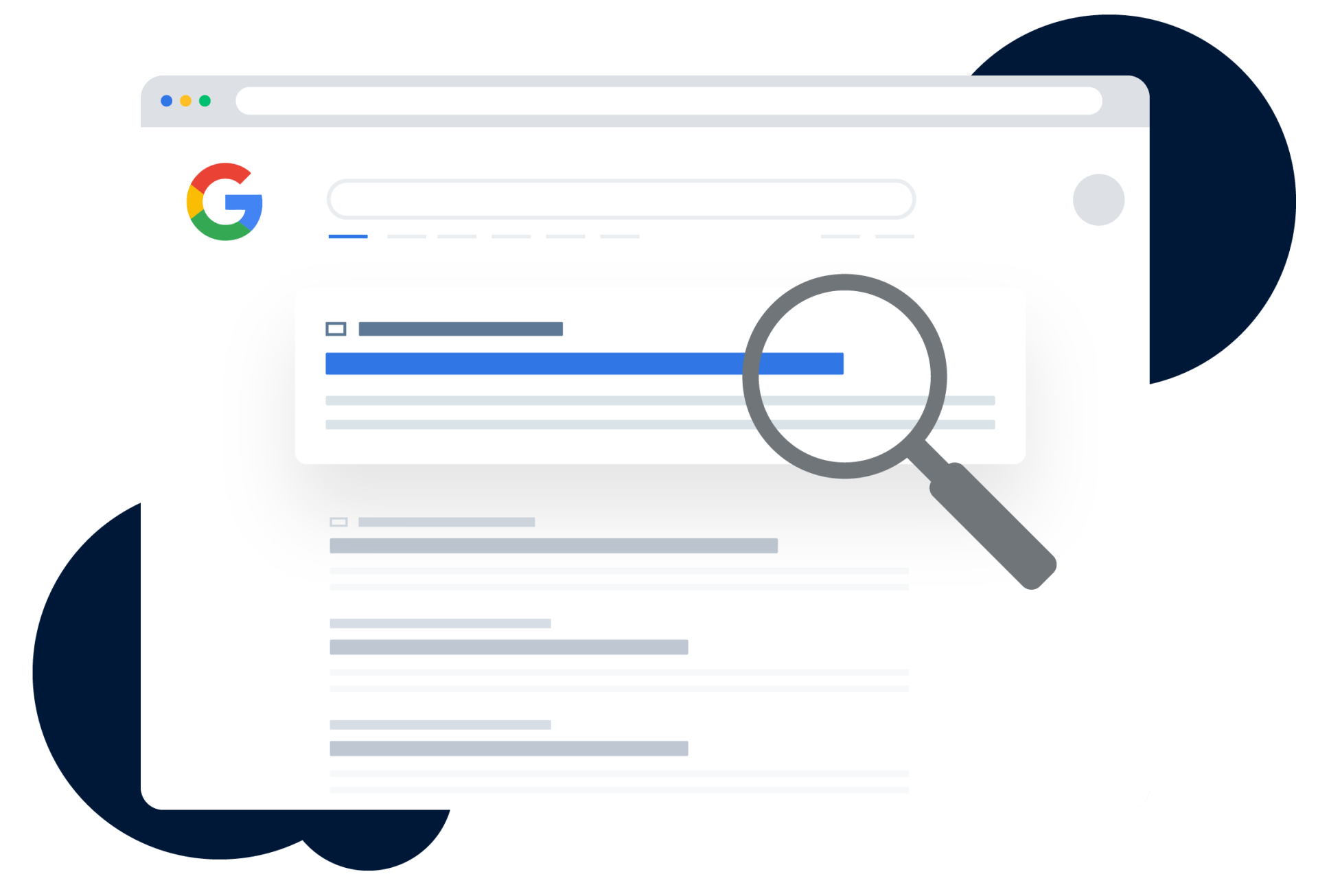

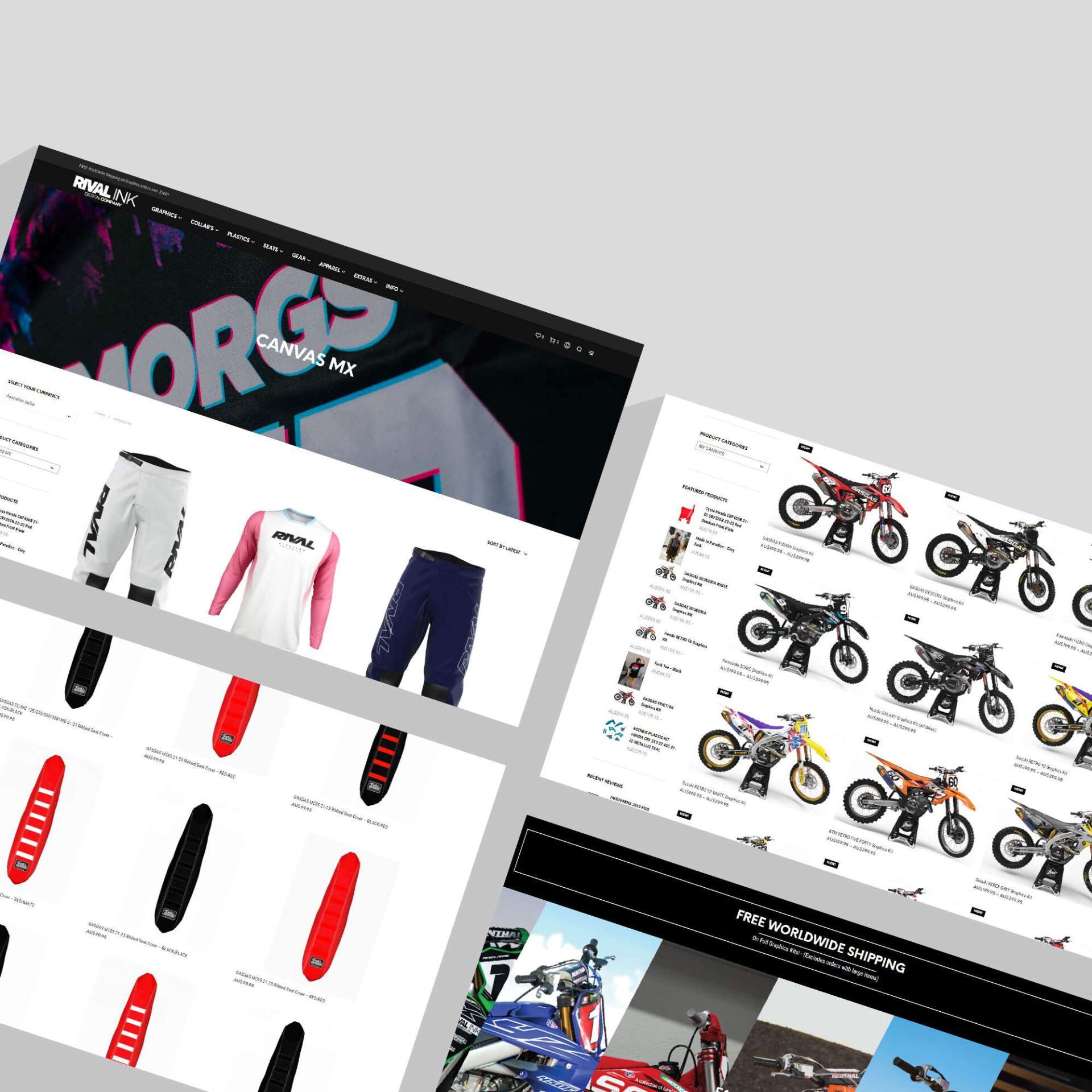

 Rating
Rating
Either by phone for the adventurous or email for the more bashful. If you are pressed for time fill in this quick form and we'll get back to you.
Contact Us
We will get back to you as soon as possible.
Please try again later.
All Rights Reserved | RankingCo | Smart Digital Marketing







